Whether it’s due to financial hardship, a long road trip, or simply being too exhausted to drive safely, sleeping in your car may seem like the only option at times. While the premise may appear simple, the legality of sleeping in your car in Maryland can be somewhat difficult. Understanding the laws and regulations is critical for avoiding potential legal issues.
Key Considerations
- Intoxication: Intoxication is a major complicating aspect in the legality of sleeping in your car. Maryland has severe prohibitions against driving under the influence.
- Location: Where you park your automobile has a significant impact. Sleeping in your vehicle laws vary depending on whether you are on public or private land, as well as the city or municipality.
- Your Behavior: Even if you are not driving, how you behave in and around your car might have an impact on the situation’s legality.
Let’s look at Maryland’s rules and regulations on automobile napping.
Can You Get a DUI for Sleeping in Your Car in Maryland?
In Maryland, you can still be charged with a DUI for sleeping in your car, even if you weren’t driving. This is based on the concept of “actual physical control” of the vehicle. Here’s an explanation of what this means:
- Intent to Drive: If the authorities can prove you intended to drive while under the influence, you may face a DUI prosecution. Evidence such as being in the driver’s seat, having the keys in the ignition, or the engine starting can strongly indicate intent to drive.
- Ability to Drive: Even if there is no evident intent, police may prosecute you if they believe you are capable of driving while inebriated.
Best Practices to Minimize Your Risk of a DUI
If you need to sleep in your car after consuming alcohol, employ these strategies to minimize legal risk:
- Avoid the driver’s seat: Sleep in the back seat or passenger seat.
- Turn off the engine: Don’t have the keys in the ignition.
- Store keys out of reach: Place them safely away, like in the glove box or trunk.
- Find safe locations: Search for rest areas or well-lit, designated parking lots.
Where Can I Legally Sleep in My Car in Maryland?
The legality of car sleeping in Maryland significantly depends on where you park. Let’s explore the different scenarios:
- Public Property
- Roadsides: Long-term parking on roadsides is generally discouraged and may be forbidden by local legislation. Before proceeding, make sure to check the city’s unique restrictions. Be advised that, even if roadside parking is authorized, stopping on a highway shoulder poses a higher danger due to traffic speeds and proximity.
- Rest areas: In most cases, Maryland rest spots allow overnight parking. However, there may be time constraints, so check the notice.
- City Streets or Public Parking Lots: Many localities in Maryland, including Baltimore, Annapolis, and Ocean City, may have rules that prohibit overnight parking on city streets or in public parking lots. Before proceeding, research local regulations.
- Private Property
- Businesses: Before parking overnight on private property, obtain permission from the business owner or manager. Many large-lot businesses, such as Walmart, are considered to be relatively flexible; however, it is best to double-check their policies.
- Residential Property: If you have friends or family in Maryland, parking in their driveway or on their property with permission is the most secure alternative.
Tips for Safe Car Sleeping in Maryland
Regardless of location, follow these tips for a safe car sleeping experience:
- Choose a well-lit area: Park in highly visible locations to deter potential crime.
- Maintain some ventilation: Slightly crack a window for airflow, especially in warmer weather.
- Secure your valuables: Keep valuables out of sight or lock them in the trunk.
- Be mindful of your surroundings: Remain aware and alert even when sleeping.
- Respect the property: If parking on private property, be considerate and leave the area as you found it.
Alternatives to Sleeping in Your Car
- Campgrounds and RV parks: If you want to sleep in your car frequently, consider investing in camping equipment and visiting authorized campgrounds and RV parks throughout Maryland.
- Budget-friendly accommodations: Hostels or motels often offer affordable overnight stays.
- Public Transportation: When available, taking public transportation instead of driving can help you avoid having to sleep in your car entirely.
- Reach out for help: If finding safe overnight accommodations is a constant difficulty, consider contacting local shelters or social service agencies for assistance.
Important Disclaimer
Legal issues are complex and susceptible to change. This essay should not be considered a substitute for professional legal advice. Always consult with a skilled attorney for individualized advice and to stay up to date on any changes in Maryland law concerning sleeping in your car.
Also See:- Is It Illegal to Vape and Drive in Tennessee? Here’s What the Law Says

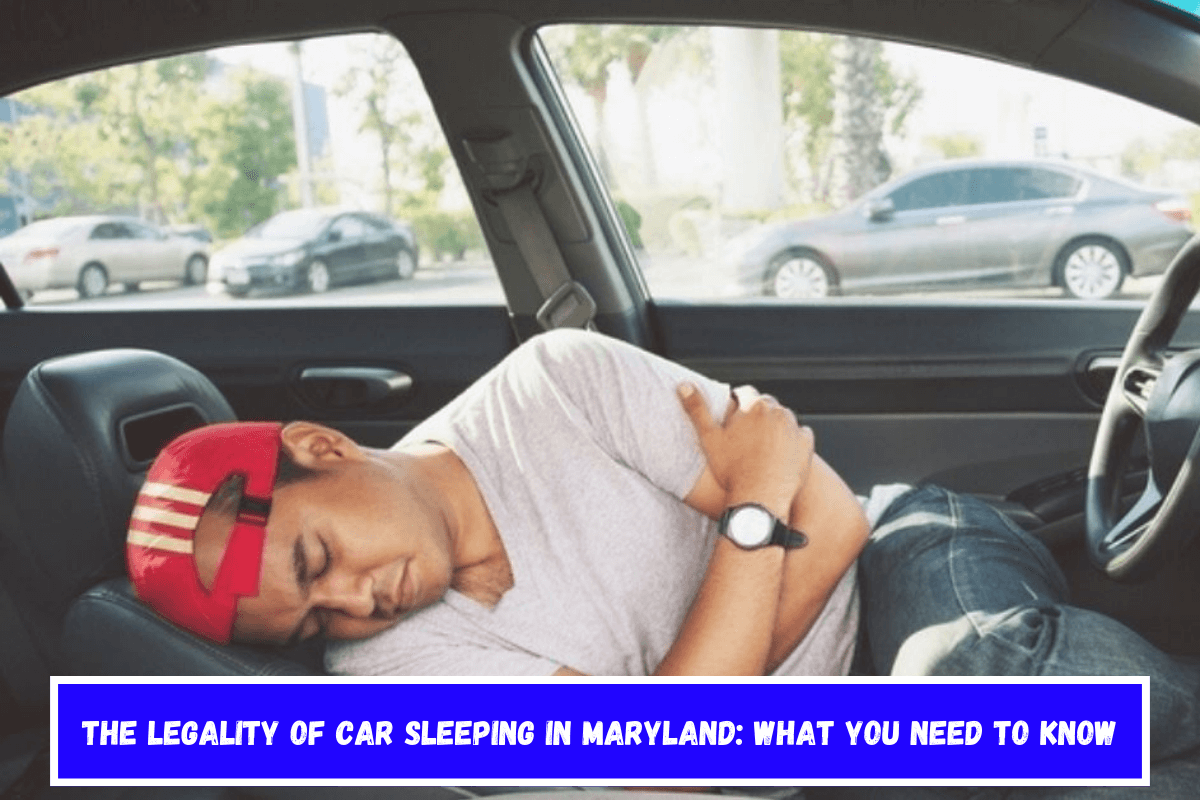
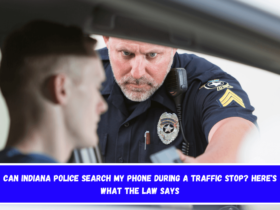

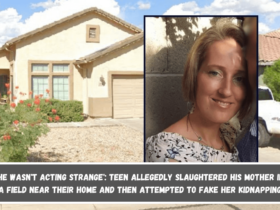


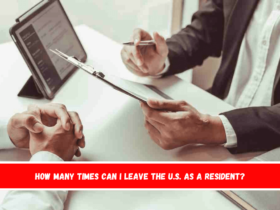
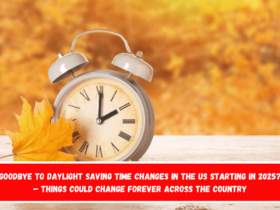
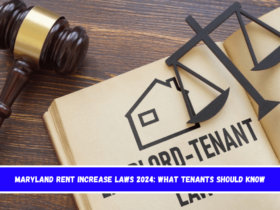

Leave a Reply